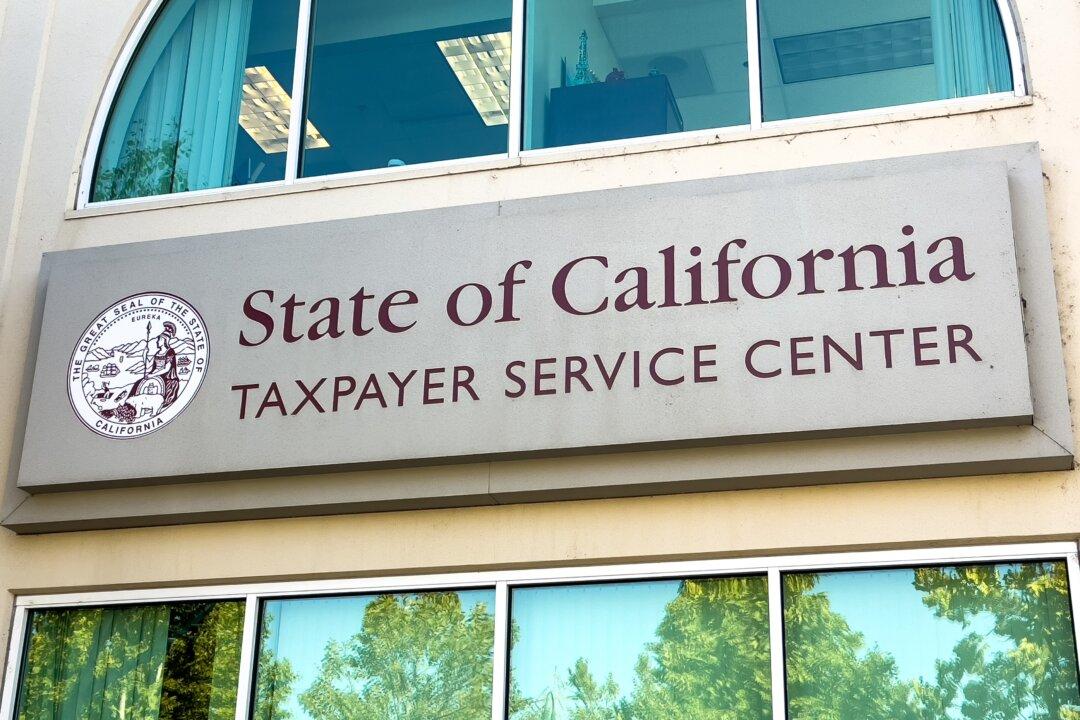Nobody likes to pay taxes, but the obligation to write that check to Uncle Sam on April 15 is coming soon. State taxes will also be due at that time. One state that is known for its taxes is California.
California has nine tax rates. Depending on a taxpayer’s income, they range from 1 percent to 13.3 percent. But there are also payroll taxes that eat away at income. Are there changes in California tax law for 2024? What credits are available? And what happens if you can’t pay your California state taxes?






